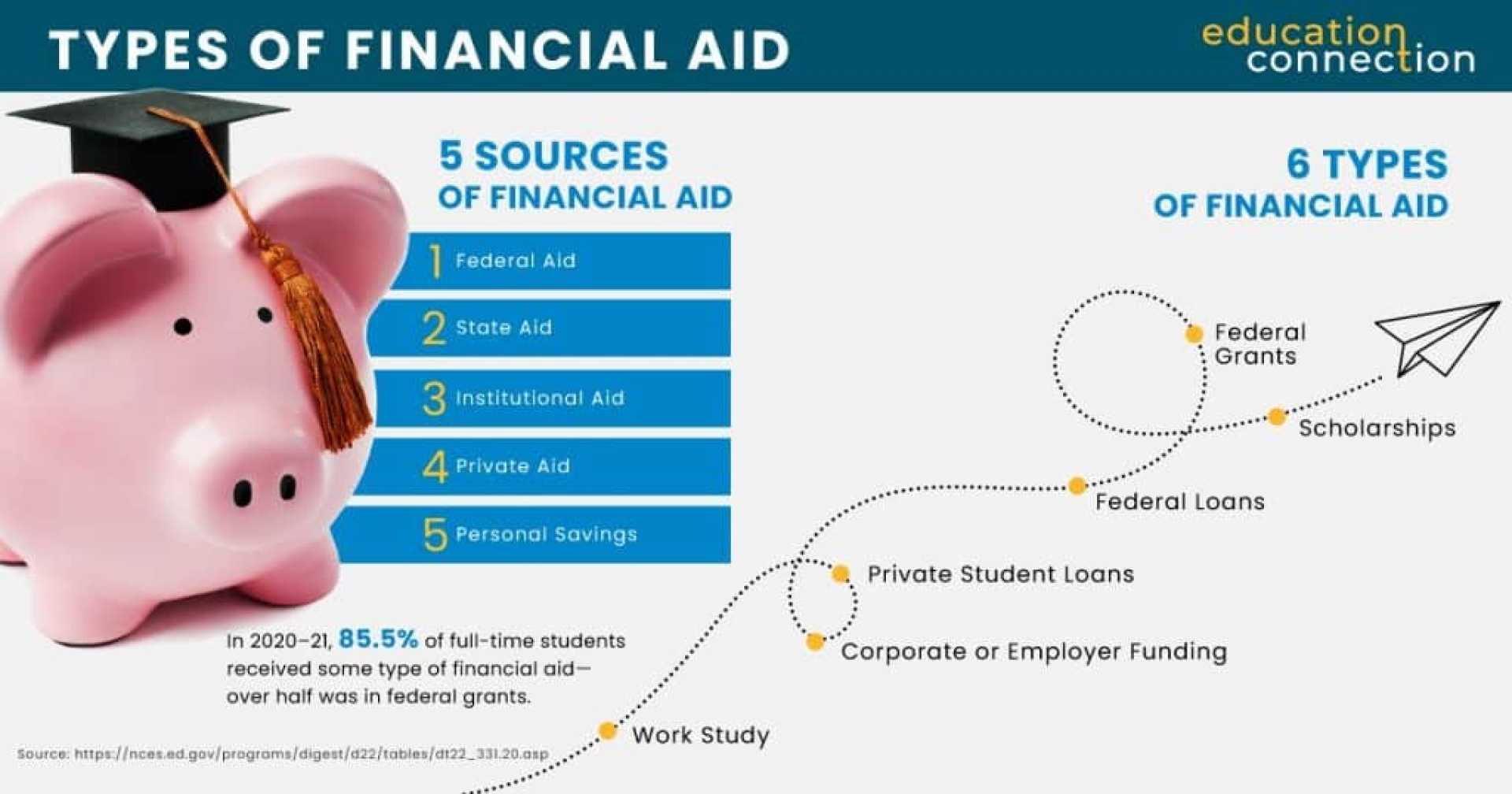Education
Republicans Propose Overhaul of College Financial Aid System

WASHINGTON – Republicans in Congress are advancing a significant overhaul of how Americans pay for college. A GOP-led committee in the U.S. House of Representatives unveiled a wide-ranging plan on April 28 that aims to reshape the college financial aid system.
If enacted, the legislation would impact millions of students and the colleges they attend. Proposed changes include reducing undergraduate eligibility for traditional Pell Grants and penalizing universities that contribute to student debt burdens. The bill also proposes caps on costs for certain college programs while loosening regulations for for-profit institutions.
Critics raise concerns that these changes would create barriers for low-income students pursuing higher education. Aissa Canchola Bañez, policy director at the Student Borrower Protection Center, stated, “Instead of bringing down the cost of college, House Republicans want to punish millions of borrowers desperately trying to repay their debts.”
Representative Tim Walberg, a Michigan Republican and chair of the Education and Workforce Committee, defended the bill, stating, “Bottom line, it’s time to fix this broken cycle that is costly to taxpayers and leaves students worse off than if they never went to college.
The GOP’s proposed legislation, titled the “Student Success and Taxpayer Savings Plan,” aims to address a funding shortfall in Pell Grants that assist lower-income students. Key changes include higher study hour requirements for Pell eligibility, which Bryce McKibben, senior director of policy and advocacy at The Hope Center for Student Basic Needs, warns could disadvantage community college students who balance multiple responsibilities.
In addition to altering Pell eligibility, the plan suggests a substantial restructuring of the federal student loan system. Currently, borrowers have access to around a dozen repayment plans, but the proposal would reduce this to only two. This includes a new Repayment Assistance Plan that would ensure borrowers’ balances do not increase if they make their monthly payments, a move some experts regard as necessary.
However, as the new repayment plan could lead to higher monthly bills for borrowers compared to the existing proposals, Preston Cooper, a senior fellow at the American Enterprise Institute, emphasizes that it seeks to solve the long-standing issue of escalating student loan balances.
The bill also aims to eliminate certain types of loan applications, including new direct subsidized loans for undergraduates. Furthermore, the legislation proposes to fine colleges that burden students with excessive debt. While many universities oppose this idea, Cooper clarifies that the intention is not to financially ruin them.
To move forward, Republicans are attempting to pass the legislation through a special budgetary process called reconciliation, skirting Democratic opposition. Skeptics, like Sameer Gadkaree, president of the Institute for College Access & Success, are doubtful about the bill’s compatibility with reconciliation requirements.
Amid these political maneuvers, the effectiveness of the Education Department in implementing such sweeping changes remains unclear. The agency’s workforce has decreased significantly, raising concerns over its capacity to manage new requirements.
A federal judge’s ruling on reinstating Education Department workers could occur soon, affecting the agency’s ability to handle the proposed changes. A congressional committee is scheduled to debate the bill on April 29, with experts continuing to warn about its potentially detrimental effects on students and educational institutions.












